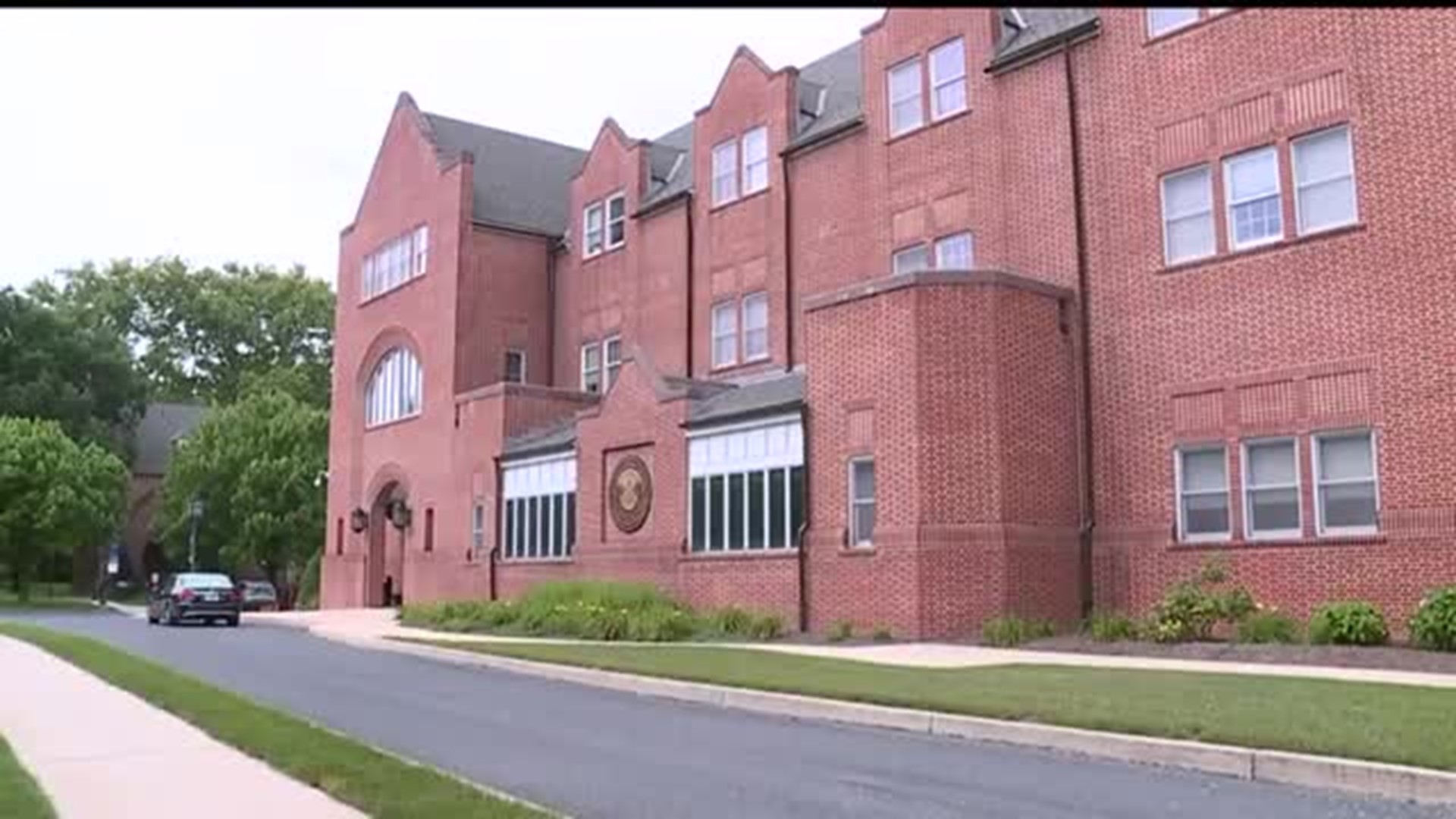HARRISBURG, Pa. -- The heads of Pennsylvania's state university system are looking for ways to save its schools from the battle between higher costs and falling revenue.
Administrators took their concerns to the State Capitol Wednesday as they ask state legislators for help.
There are 14 different universities within the Pennsylvania State System of Higher Education, but they all face a similar problem.
With a drop in the number of high school graduates, and rising operating costs, Pennsylvania's 14 state universities are being put to the test.
East Stroudsburg University president Dr. Marcia Welsh said "we have a lot of challenges in the state system, and in order for our institutions to survive, something's have to change."
After the latest tuition hike went into effect this fall, the state system's chief academic officer, Peter Garland, said schools have to consider other ways to make and or save money.
Garland said "students can only afford so much. Quality education cost a certain price. We're all looking at ways to potentially reduce the costs of that one, and how do you work with students and families so that they have predictable costs in higher education."
As campus administrators and education consultants review the current state of the Pennsylvania State System of Higher Education, many officials are looking at state legislators for the answer.
"Pennsylvania ranks very low in terms of the amount of overall support for higher education. We probably need some kind of entity that helps us make decisions, and frames decisions for us in higher Ed, so that it's in the best interest of students and the communities," Garland said.
Some administrators said it's those local communities that often trap new development at the state universities in costly red tape.
"Regulations that we have to follow, and in many instances, don't really care what the commonwealth says, it is local control. We have to do what they say, which is very frustrating and makes it hard to be progressive," Welsh said.
Some administrators want greater autonomy in the decision making process, and contract negotiations.
"We have our own budget, we have our own set of circumstances, and own challenges and negotiating locally I think would be a great advantage for us," Welsh said.
Meanwhile, others suggest consolidation, not of universities but of student services, as a way to save money.
National Center for Higher Education Management Systems president Dr. Sally Johnstone said "the reason it could be better for students in the long run is, because frankly it lowers the cost of the whole enterprise. As you lower the cost, in an environment in which there doesn't seem to be any room for increasing revenue, something's got to give."
With 14 schools in the state system, some say regional differences across the state present many other challenges, including the fact that cost of living varies statewide.
How to address those differences is part of continuing the conversation.
"We have to keep students at the center of that conversation. It's less about institutions and the individuals that may be working at them, but rather what do students need in the regions of the commonwealth, and what do the regions need for those students," Garland said.

